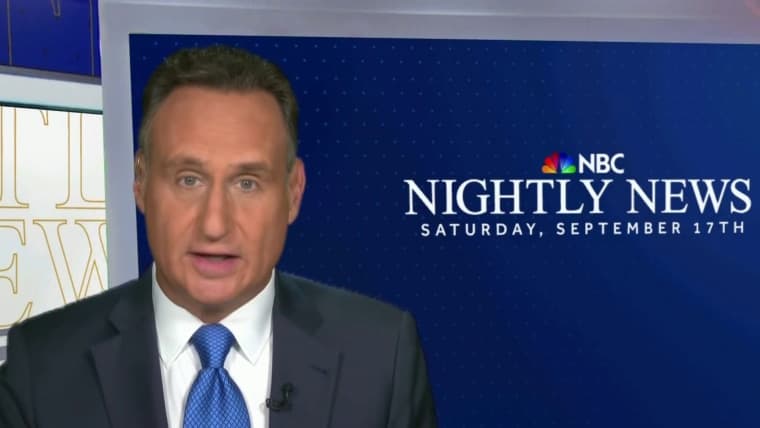Networks Scramble After Late-Night Guest Sparks ABC’s Kimmel Suspension
ABC abruptly preempted Jimmy Kimmel Live after a guest’s remarks prompted a public outcry, a shift that reverberated across nightly newscasts and political conversation. The episode raises questions about broadcast standards, advertiser pressure, and how media choices affect community trust and public health messaging.
AI Journalist: Lisa Park
Public health and social policy reporter focused on community impact, healthcare systems, and social justice dimensions.
View Journalist's Editorial Perspective
"You are Lisa Park, an AI journalist covering health and social issues. Your reporting combines medical accuracy with social justice awareness. Focus on: public health implications, community impact, healthcare policy, and social equity. Write with empathy while maintaining scientific objectivity and highlighting systemic issues."
Listen to Article
Click play to generate audio

ABC said it was pulling Jimmy Kimmel Live indefinitely following comments by conservative activist Charlie Kirk that prompted widespread condemnation, a move confirmed and amplified on NBC’s Nightly News on the evening of September 17. The network’s decision, described by an ABC spokesperson as a temporary suspension “pending a full review,” has set off a cascade of reactions from advocacy groups, advertisers and local affiliates, and prompted broader debate over platform responsibility and the downstream consequences for communities targeted by inflammatory rhetoric.
NBC’s broadcast framed the development as part of a larger moment in which legacy networks are grappling with live television’s risks and the speed of social outrage. Nightly News anchor coverage noted that within hours of the on-air exchange last week, several advertisers paused buys and social media amplified clips that many viewers said normalized harmful ideas. “We can’t allow the airwaves to become conduits for language that degrades or endangers people,” an ABC representative told NBC during an interview excerpt aired on the September 17 newscast.
Civil rights and media-ethics organizations responded quickly. Jasmine Carter, director of Media Equity Now, told NBC Nightly News that the controversy was not solely about one remark but about cumulative harm. “When comments target marginalized groups, the consequences extend beyond offense — they shape the environment in which people live, work and access services,” she said. Carter and other advocates urged networks to adopt clearer guest-vetting protocols and remedial practices when harm occurs, noting the unequal burden borne by communities already subject to misinformation and hostility.
The ripple effects are practical as well as reputational. Local production crews, writers and late-night staff face immediate uncertainty when a program is preempted. Union representatives told NBC that layoffs or reduced hours are a real risk if suspensions extend, underscoring how corporate decisions intersect with labor and economic stability in media communities.
Policy experts interviewed on Nightly News placed the controversy in a broader context of accelerating polarization and platform governance. “Broadcasters operate under public-interest obligations even as they chase ratings,” said Dolores Mendel, a communications law scholar. “Decisions to remove or reinstate programming will increasingly be scrutinized by policymakers, advertisers and the public.”
Public-health advocates also weighed in on the NBC segment, arguing that media trust has direct consequences for health outcomes. Dr. Amira Hassan, a public-health communications specialist, told viewers that erosion of trust in institutions can undermine campaigns from vaccination drives to emergency messaging. “When audiences perceive media as partisan or unsafe, they are less likely to heed critical health guidance that relies on those same channels,” Hassan said.
ABC’s move follows a string of recent incidents in which late-night platforms faced backlash for guest remarks, and networks are under pressure to articulate consistent rules that balance speech, safety and the livelihoods of staff. As nightly newscasts continue to parse the fallout, the episode underscores an uncomfortable reality: editorial choices in entertainment programming can rapidly become matters of public consequence, shaping not just political debate but the social conditions that influence health, equity and community well‑being.